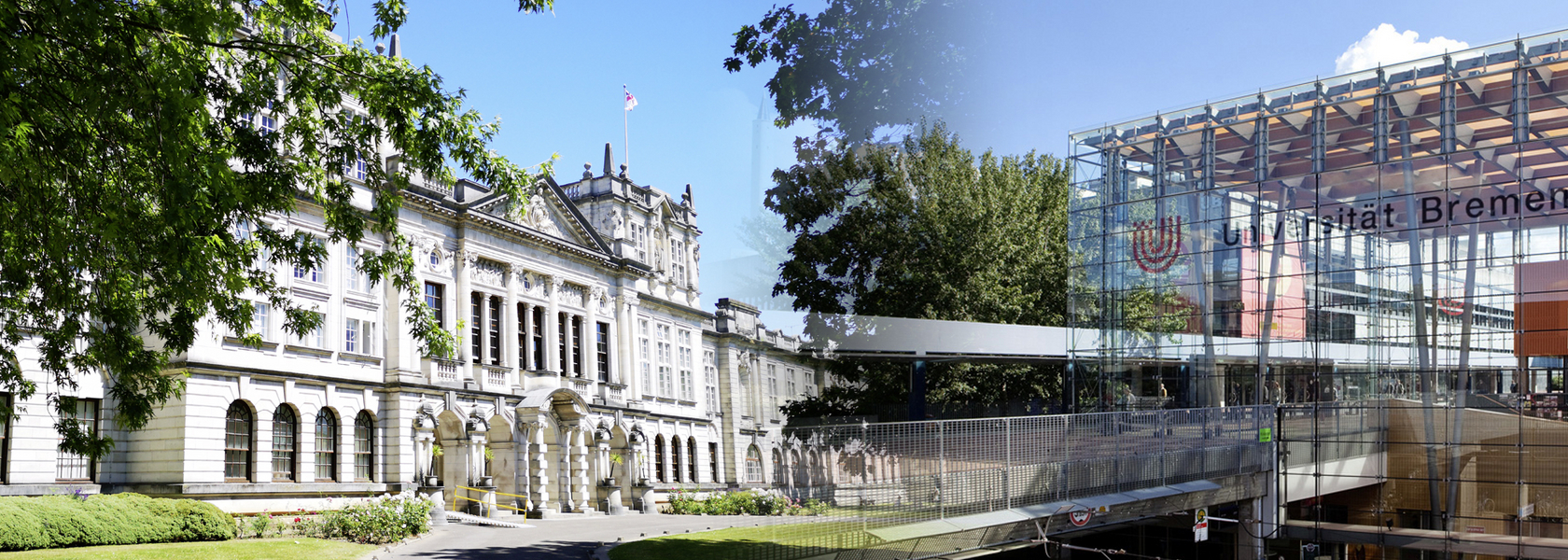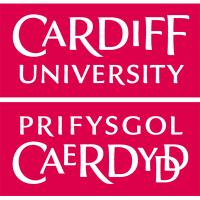Gravitational Wave Physics (MSc)
The Gravitational Wave Physics MSc provides broad and comprehensive training in both theory and experiment in gravitational wave (GW) physics and astronomy.
The field of gravitational physics has grown rapidly in the last few years following the first direct detection of gravitational waves in 2015, one hundred years since they were first predicted by Einstein’s general theory of relativity. The landmark first detection, from two black holes colliding, was followed in 2017 by the first joint gravitational-wave and electromagnetic observation of a neutron-stars merger and subsequent gamma-ray burst, and by the award of the 2017 Nobel Prize in Physics. Gravitational-wave observations are now transforming our understanding of the universe, and the field will continue to grow in the next decades with successive improvements in the sensitivity of current detectors, the design and commissioning of the next generation of ground-based detectors, and the space-based LISA detector.
The Gravitational Wave Physics MSc provides broad and comprehensive training in both theory and experiment in gravitational wave (GW) physics and astronomy: techniques in laser interferometry for GW detection, general relativity, astrophysics, modelling of GW sources, and data analysis for GW detection and source interpretation. The programme offers three streams, which allow specialisation in GW observation, data analysis and source modelling, or a broad experience across these topics. Cardiff University staff are at the forefront of world-leading research in all of these areas, which span the core topics at the heart of the field, and which make this a unique degree programme.
As part of the programme you will complete a three-month summer project on one of these research areas. As part of your research you will have the opportunity to join the LIGO Scientific Collaboration (LSC) and to contribute to flagship projects related to gravitational-wave experiment, source modelling, signal searches, and astrophysical interpretation.
On completion of the programme you will have the knowledge, skills and experience necessary to begin a research career in gravitational-wave physics, and be a competitive candidate for jobs in industry.
Intakes
- Sep
Application Processing Time in Days: 30
Minimum English Language Requirements
| English Level Description | IELTS (1.0 -9.0) | TOEFL IBT (0-120) | TOEFL CBT (0-300) | PTE (10-90) | |
|---|---|---|---|---|---|
| Expert | 9 | 120 | 297-300 | 86-90 | |
| Very Good | 8.5 | 115-119 | 280-293 | 83-86 | |
| Very Good | 8 | 110-114 | 270-280 | 79-83 | |
| Good | 7.5 | 102-109 | 253-267 | 73-79 | |
| Good | 7 | 94-101 | 240-253 | 65-73 | |
| Competent | 6.5 | 79-93 | 213-233 | 58-65 | |
| Competent | 6 | 60-78 | 170-210 | 50-58 | |
| Modest | 5.5 | 46-59 | 133-210 | 43-50 | |
| Modest | 5 | 35-45 | 107-133 | 36-43 | |
| Limited | 4 | 32-34 | 97-103 | 30-36 | |
| Extremely Limited | < 4 | < 31 | < 93 | < 30 |
Job Opportunity Potential
Our courses prepare you for a professional career in a wide range of industries, business and the financial sector, or further study.
Engineers are in high demand, and thanks to our wide range of degree programmes, our graduates’ prospects are among the best in the UK.
On average,
over 95%
of our graduates are
in employment or further study
six months after graduating.
Our graduates go on to work in a range of areas, including industry, the public sector, the financial sector or academia. Some graduate destinations include:
Supplementing your studies
We offer students the option of taking a Year in Industry after their second year of study, which is spent in a professional workplace gaining hands-on experience. This experience can simultaneously improve students’ confidence and employment prospects.
Our MEng (Hons) programmes also have the option of a Year in Europe, which is a year spent at an institution in France, Germany or Spain, after the third year of study. This is a chance not only for students to broaden their personal horizons, but also to develop further academic skills.
Links with industry
Students who are not on the Year in Industry scheme still benefit from industrial input in modules across all engineering disciplines. School-wide project modules are supported by industrial collaboration with a number of companies, including Flintec, Ove Arup and Partners International, Atkins, GL Garrard Hassan, BAE Systems, EADS, and Babcock Marine.
In the waste management, recycling, and energy fields there is significant input from research contracts with companies such as Rolls Royce, EoN, Tata Steel, and Stork Technical Services. Inputs are also received from companies such as Tidal Energy Ltd (TEL), Marine Current Turbines (part of Siemens), Bosch, ANSYS and Mabey Bridge.
In environmental and water engineering, presentations are given by industrially sponsored lecturers from CH2MHILL and Lusas. Direct industrial input also comes from companies including Newport Galvanisers (a subsidiary of Wedge Galvanisers), GBCard and Partners, Jacobs Engineering, Capita Symonds, and Mott-MacDonald.
Extra-curricular opportunities
In today's competitive graduate job market, we recognise that students are always looking for ways to make them stand out to prospective employers. Each year, our students have the opportunity to get involved with some really exciting projects.
Aside from this, there are many extra-curricular opportunities, both social and serious, organised through the School, the University or the Students’ Union.
PSW Opportunity
- 2 Years PSW
Admission Requirement / Eligibility Criteria
Postgraduate taught courses
You will need successful completion of a relevant bachelor's degree from a recognised institution, with grades of approximately 55%-60% to qualify for our postgraduate courses.
Postgraduate research courses
If you are applying for research courses from India, you will be required to provide evidence that you have already carried out research, usually via the successful completion of a relevant master's degree.
You will need successful completion of a relevant bachelor's degree from a recognised institution, with a grade of approximately 55% - 60%. Some Schools will also require the successful completion of a relevant master's programme from a recognised institution.
Qualification accepted
Equivalent to IELTS 6.5
(with a minimum of 5.5 in each subskill)
Equivalent to IELTS 7.0 overall (with a minimum of 6.0 in each subskill)
Equivalent to IELTS 7.5 overall (with a minimum of 7.5 in each subskill)
IELTS (Academic) test from a recognised IELTS test centre
At least 6.5 overall with a minimum of 5.5 in each subskill
At least 7.0 overall with at least 6.0 in each subskill
At least 7.5 overall with at least 7.5 in each subskill
PTE Academic (Pearson Test of English Academic)
At least 62 overall with a minimum of 51 in all communicative skills
At least 70 overall with no less than 54 in all communicative skills
At least 78 overall with no less than 78 in all communicative skills
TOEFL iBT including Home Edition
At least 90 overall with minimum scores of 17 for writing, 17 for listening, 18 for reading, and 20 for speaking
At least 100 overall with a minimum of 20 in each subskill
At least 109 overall with a minimum of 26 in speaking and 24 in all other subskills
- Course Type: Full Time
- Course Level: Masters/PG Degree
- Duration: 01 Year
-
Total Tuition Fee:
21950 GBP
Annual Cost of Living: 9207 GBP
Application Fee: N/A
Similar Programs
- Visual Computing MPhil at Cardiff University
- Vision Sciences MPhil at Cardiff University
- Theoretical and Computational Chemistry MPhil at Cardiff University
- Solid State Materials MPhil at Cardiff University
- Social computing MPhil at Cardiff University
- Quantum technologies and engineering MPhil at Cardiff University

